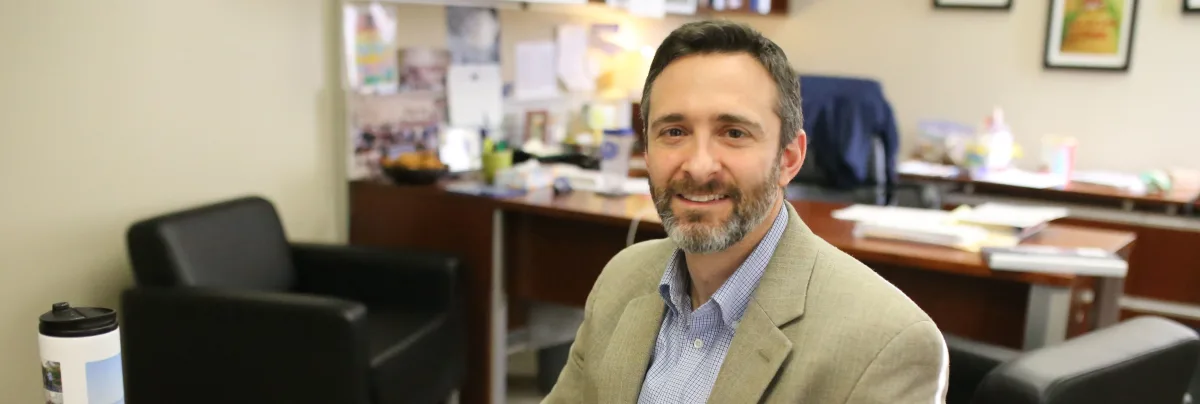
Sukkot: Leaving Our Comfort Zone to Learn and Grow
Sukkot is not a holiday designed for comfort. We exit our homes to eat, live, sleep, and socialize in a temporary hut with a flimsy roof where we are vulnerable to the elements and away from the “creature comforts” we have grown used to or dependent on. Even in Israel, where the climate is more conducive to “al fresco” eating and living, the sukkah roof still offers little protection from the “elements.”
One of the lessons of Sukkot is that we have so much to be thankful for. Certainly our family and friends who typically join us in the sukkah, but also those things that we miss–the comfort of our home, its security, regulated climate, plumbing, appliances that make life simpler and more convenient, and technology that allows us to work and communicate in ways never imagined a century ago. By leaving the comfort of our home, we have the opportunity to reflect and learn that we are most fortunate. That perspective of gratitude and appreciation is a positive mindset which comes from placing ourselves in a slightly uncomfortable situation–a situation where discomfort can lead to growth.
This concept of discomfort leading to growth is not simply theoretical. In education too, navigating a situation where we are unfamiliar with what to do–a naturally uncomfortable state– leads to the development of new skills and a different way of understanding the world.
The early 20th century Soviet psychologist, Lev Vygotsky, called this the “zone of proximal development (ZPD).” The “ZPD” refers to the gap between what a person knows and can do, and what they cannot do even with support and guidance. Within this “zone” we have what we are capable of doing with guidance and learning. It is within this zone that learning takes place. The ZPD represents that uncomfortable state of learning and understanding that is just beyond our grasp, but within reach with the right guidance and instruction.
We spend a great deal of time avoiding challenges and uncomfortable situations. But it is precisely through them, through exposing our vulnerabilities and navigating new and unfamiliar situations and problems, that we grow and learn. This Sukkot, let us embrace the slight discomfort we feel in order to grow closer to our family, friends, and God, who support us, and to remind us that any challenge is simply an opportunity to traverse the ZPD and grow in ways yet unimagined.
Thank you,
Rabbi Azaryah Cohen
